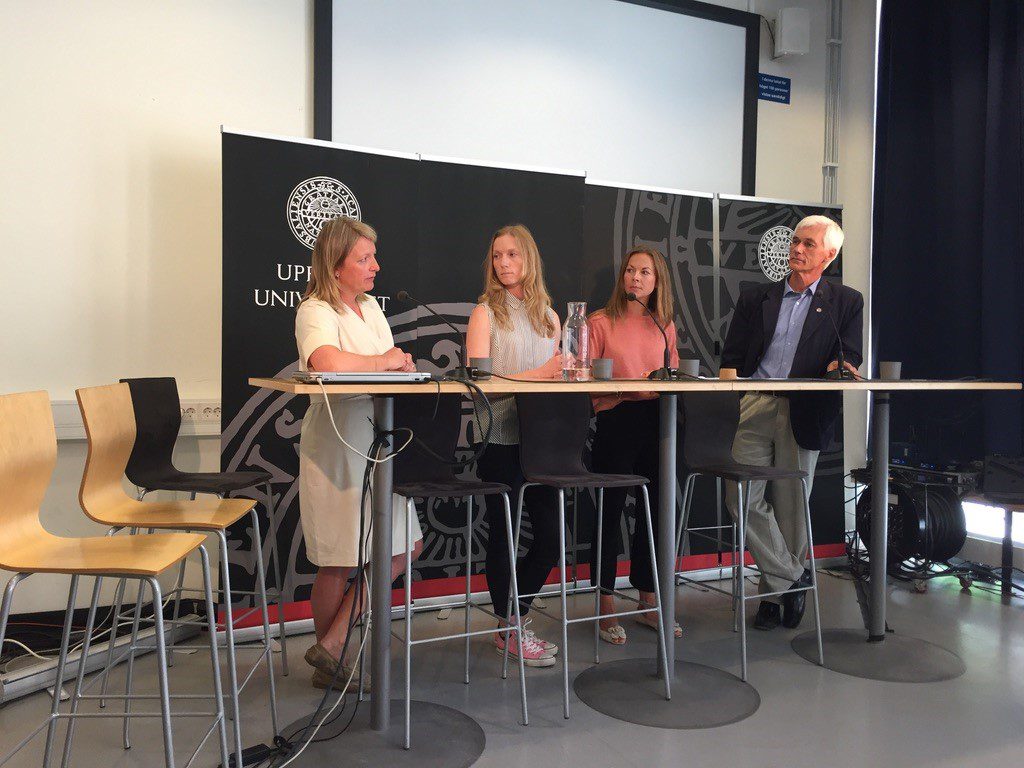This week we welcome guest bloggers to the Vice-Chancellor’s Blog. Our guests have all participated in Uppsala University’s various events during Almedalen Week on Gotland and share their impressions from the events. You can also follow them on the web at www.uu.se/almedalen
I’ve participated in Almedalen Week for the first time. It was fascinating. Just about everything has been analysed and discussed, both lofty and down-to-earth topics, from the right and from the left. What role do universities have, particularly Uppsala University, in society? Universities develop society by seeking new knowledge, applying this knowledge and communicating it. Almedalen is a special opportunity to communicate with others and reach out with new, relevant findings and understanding on different social issues.
Yesterday, one of Uppsala University’s seminars dealt with children’s health. Ill-health among children and youth is increasing and a quarter of boys and girls in Sweden are overweight. Among these children, some already develop type 2 diabetes in their teenage years. Reasons for this development were a hot topic during the seminar. The panel consisted of Anna Bessö from Sweden’s Public Health Agency, Christine Senter from Barnsam Region Gotland, Lenka Prokopec Karlberg from Generation Pep and the undersigned from Uppsala University. Gustav Melén from Uppsala University Innovation served as the moderator.
It is evident that, in many ways, the environment in Sweden in which we live is not particularly healthy for our children. During the discussion, it was concluded that it is now time to use and translate the knowledge and experience we have accumulated into practical actions to create a society better suited for children to have a healthier upbringing. Uppsala University, together with two municipalities in Sweden, has begun work to influence society to make it easier for children to make healthy choices. We call this work ECHO zones after the WHO’s recently published report Ending Childhood Obesity. In these zones, we will follow children and their families and identify the important factors for understanding why children become overweight. This will make it possible to reverse the trend towards an increasing proportion of overweight children in Sweden. This is a crucial issue for Sweden in safeguarding the health and future of its youngest citizens.
In summary, I am pleased with the seminar. It allowed the others on the panel and I to share what we are doing and raise awareness of the issue. Almedalen is a meeting place that offers excellent opportunities to make new contacts. I look forward to returning for a follow-up seminar in a few years.
Peter Bergsten
Professor of Medical Cell Biology

